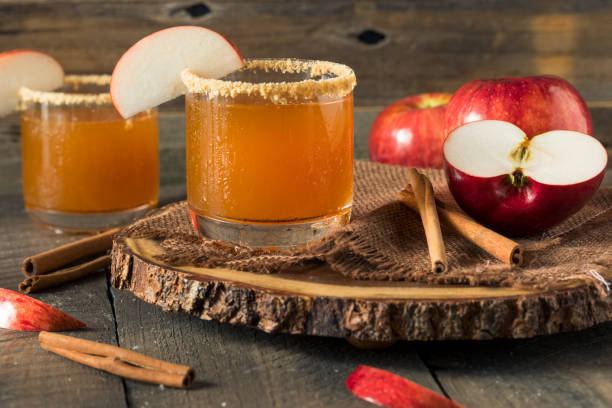Written by Gillian Goldsworthy, CSEP CPT
Credited by Ashley Armstrong, RD
What is potassium?
Potassium is a very important mineral and also an electrolyte. Its function is to assist in muscle function, regulate fluid balance, support blood pressure and helps conduct nerve signals, which are all important in the recovery process after training.
Some sources of potassium?
High sources of potassium are in beet greens, white beans, soybeans and lima beans. Other sources are baked sweet potatoes, avocado, mushrooms, bananas, raw tomatoes, cantaloupes and electrolyte beverages or Nunn tablets. The adequate intake for potassium is 4.7grams per day, having this much potassium will ensure no deficiencies will occur.
What if I don’t have enough potassium?
Having a potassium deficiency also known as Hypokalemia is not the most common deficiency found in North America, however it is still found that most people are not meeting the recommended amount of potassium, which can cause quiet a problem. It can lead to feeling fatigued, muscle and bone weakness, constipation, muscle cramps, digestive problems, and weight gain. A main reason for potassium deficiencies is not eating enough fruits and vegetables, as well as increased sweating and urination. Individuals who are heavy sweaters or doing intense training – especially long, intense endurance training (marathon training) in the hot and humid climates may be at risk for a deficiency and should increase potassium rich foods.
Why should I have a potassium rich food after I work out?
Considering all of the deficiency symptoms in having low potassium having a banana or another high-level potassium fruit or vegetable can help replenish the storage of carbohydrates that fuel your muscles. It will also help in the frequency and strength of the muscle contraction while also helping in recovery time. Having inadequate potassium levels can decrease your energy and endurance, which can also decrease your recovery time after a workout. A few snack or meal examples to try; a smoothie with a banana and avocado or a grain bowl with sweet potato, chicken and vegetables.
References:
Braun, P. (2018, January 4). Hydration, Sodium, Potassium and Exercise: What You Need to Know. Retrieved from http://blog.insidetracker.com/hydration-sodium-potassium-and-exercise-what-you
Megan Ware RDN LD. (2018, January 10). Potassium: Health benefits and recommended intake. Retrieved from https://www.medicalnewstoday.com/articles/287212.php
Ryan Raman, MS, RD. (2017, September 9). What Does Potassium Do for Your Body? A Detailed Review. Retrieved from https://www.healthline.com/nutrition/what-does-potassium-do

0 Comments